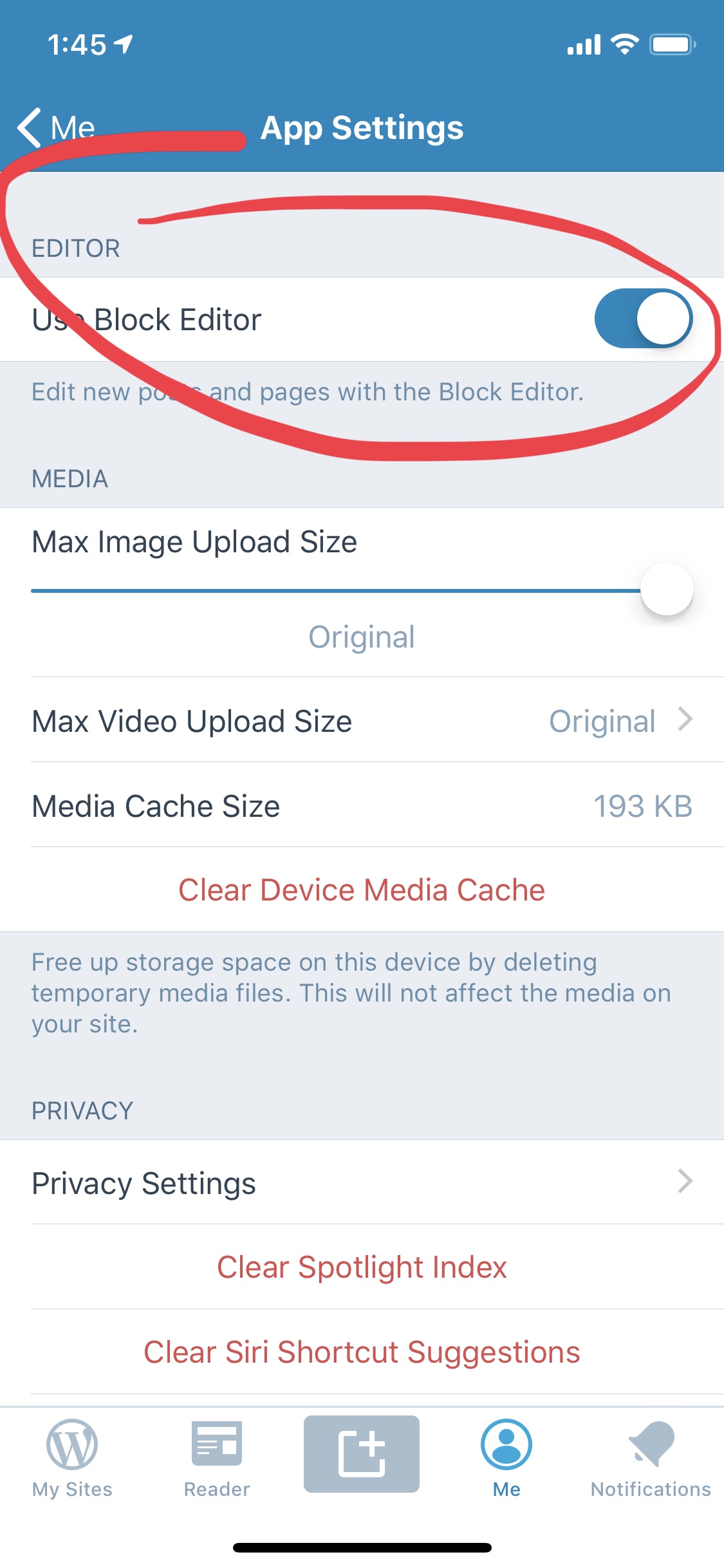I’ve spent most of my life on computers, and I would definitely consider myself a digital native (I’m typing this sentence on the iPad software keyboard, in case that helps you put me on a scale).
My history with technology
I love technology, and I first discovered its immense power for connecting people when I installed MSN Messenger on my parents’ computer back in junior high school (circa 2000, I’m going to say?). Going through puberty at the dawn of the public internet was quite an ordeal, but I think it was definitely more manageable doing so then than it is now. I really learned how to talk to people most intimately through MSN, and in that space, I formed the foundation of my experience in connecting with others.
I certainly didn’t realize it at the time, but it’s really cool that MSN would store chat logs for all your conversations in easily accessible and well-presented formats on your computer. This meant that if you wanted to go and look back on your conversations (and you inevitably did), you could easily do so.
Fast-forward to now
Things are VERY different now from what we had back then. Today, those of us who chat on Facebook Messenger, Whatsapp, or Slack have little to no control over what we’ve said to one another once it’s been said. The canonical version of our ‘chat logs’ are all online, controlled by the creators of the apps we use to talk to one another. Because the services we use are mostly centered on our mobile devices (phones and, to a lesser extent, tablets), there isn’t a lot of space (or screen real-estate) to permanently store and/or display things we’ve said previously.
Because of the way the internet has evolved over the last 10-15 years, ‘the cloud’ (servers located ‘elsewhere’ and controlled by corporations), is now the absolute truth when it comes to what we say to one another. In the case of Snapchat, the messages we send are deliberately short-lived by default, and that’s part of the reason why I have stopped using Snapchat.
In today’s world, our memories are being stored outside our brains on an ever-increasing basis (rather than storing important information itself in our brains, we store the location where the important information is kept). However, when we split our communication between services like email, instant messaging apps, social media, reminder apps, to-do apps, and a whole bunch of others, it’s easy to lose track and forget where things are, even if they aren’t actually missing.
I’d wager that most people in the their late 20s and 30s wouldn’t be able to list all the apps, services, and social networks they’re members of, even given an infinite amount of time (or maybe I just subscribe to and then forget about more things than most people). The problem with putting your time and energy in to an ever-changing and ever-increasing number of these kinds of apps means our life stories are being spread out over a huge area, with patches and sections disappearing on a regular basis.
As I get older, I’m starting to see this pattern develop more and more, and it makes me worry a little bit that in 5 or 10 or 20 years, our generation will be missing most, if not all, of our written correspondence and things we’ve shared over the years. Now, one response to this is to say something like ‘we should be writing letters again’, but first of all, I don’t think those are any more likely to remain legible
on a physical medium, or stay in one’s possession for that amount of time, and I’m also not interested in putting pencil to paper.
There’s an easier way to maintain your relationships and keep track of our communications with others, and it brings up a concept most people my age have only recently become familiar with…paying for things you care about.
Paying for (and with) what matters
When you think about your preferred instant messaging/communication platform, what are the incentives of the company who created it, and how does it benefit them to have you use it? If you can’t answer that question, you may want to find out more about the company, and what their policies are. In many cases today, the incentive is that the company can make money off of information they can learn about you through your interaction with the service, whether directly or indirectly.
Especially if you’re using a service that doesn’t cost you any money, the company isn’t running servers and using immense resources in order to let you connect better with the people around you, they’re doing it because it helps their bottom line in some way.
Now, the average person doesn’t really have the ability to build an application that lets them have total control over systems they use to store information or communicate. If I had to guess what percentage of adults in North America own and operate a private server, whether locally or virtually, I would say it’s much less than 1%, and perhaps not even 0.5%. And I’m certainly not trying to say that maintaining your own server is something everybody should do, far from it. However, I do think there is value in having a place that you control on the internet where you can store digital information that is important to you or has some value.
Virtual Private Servers and Their Use
In case some of my readers don’t know what a virtual private server is, it’s really quite simple. A server, to put it as succinctly as possible, is a computer that is usually specially designed to run web services or applications efficiently and to be reliable in spite of running 24/7 basically without interruption and with little maintenance.
Such a computer can sit in your basement, run programs like email, and get you in a lot of trouble with federal intelligence agencies (if you use it for government business). With the advent of things like Google Apps GSuite and OneDrive, though, the need for, and use of personal private servers has undoubtedly dropped quite precipitously (I do not have *any* data to back this up).
Businesses like YouTube, Facebook, Twitter, and the aforementioned GSuite and OneDrive all run on massive parallelized private server banks owned by those companies, who use them to run all their web and cloud services, because running a server these days is very cheap and distributed computing is very much in vogue right now.
However, if you’re a small-medium company, or somebody who wants the benefits of a server for their own purposes, there are big companies out there who run server farms and who rent out space on those servers for a monthly fee. The big benefit of this is that running these (virtual private servers) is that there is no physical space required on-site, and no expensive, specialized hardware to run (and power).
For a very small fee (all things considered), anybody can run any software they want on a computer they rent and access through the internet, and if you have any interest in technology, you will hopefully see what an amazing opportunity this presents in terms of being able to run things like email, websites, IM, or file sharing without relying on big companies (or at least, your reliance on ‘big’ companies lets you set up your own security).
What Does This All Mean?
If you are looking for a stable, free, easy to use system to use email, instant message, web design, or file sharing, and you’re just going to use the basics, it’s very easy to trade your privacy rather than money to use these services. But for less money than you’d think, and if you’re willing to slightly leave the mainstream, you can get a server up and running for pennies a day (quite literally), and run whatever you want on it, without buying any hardware. The possibilities are, quite literally, endless.
I would gladly delete my Facebook Messenger account (I already rid myself of Facebook) if I could get my friends and family off of it, and I do think that social media is ultimately a bubble that is bound to fall back down eventually, and personal websites will come back in to prominence as people seek to stand out and customize the way they present posts and photos/videos to the world. I think it’s only a matter of time before some *massive* privacy scandal makes most people realize they are far too trusting of Facebook with their information, and a backlash sees the service fade in to a historical footnote over time.
Rob, What Do You Do?
The service I use to host my server is called DigitalOcean, but there are many other companies who will allow you to set this up. I’m told that if this is something you’re interested in trying out, you can get up to $100 in credit over your first 60 days if you use my referral link (I don’t get anything for referring you unless you ultimately keep running a server, so don’t start anything for my benefit). I’ve been a customer for over 3 years, and the system is great with hourly billing so you can get something running to try it out, and if you don’t like it, you can just delete it and you’ll only be charged a few cents an hour while it was running.





